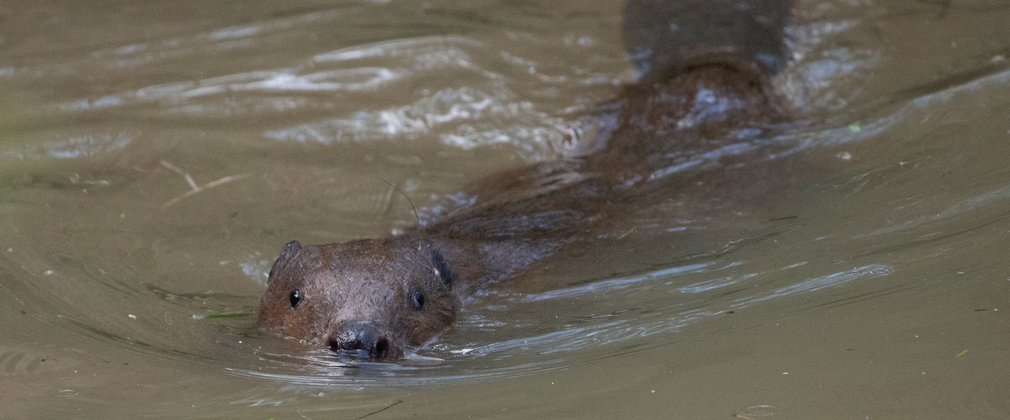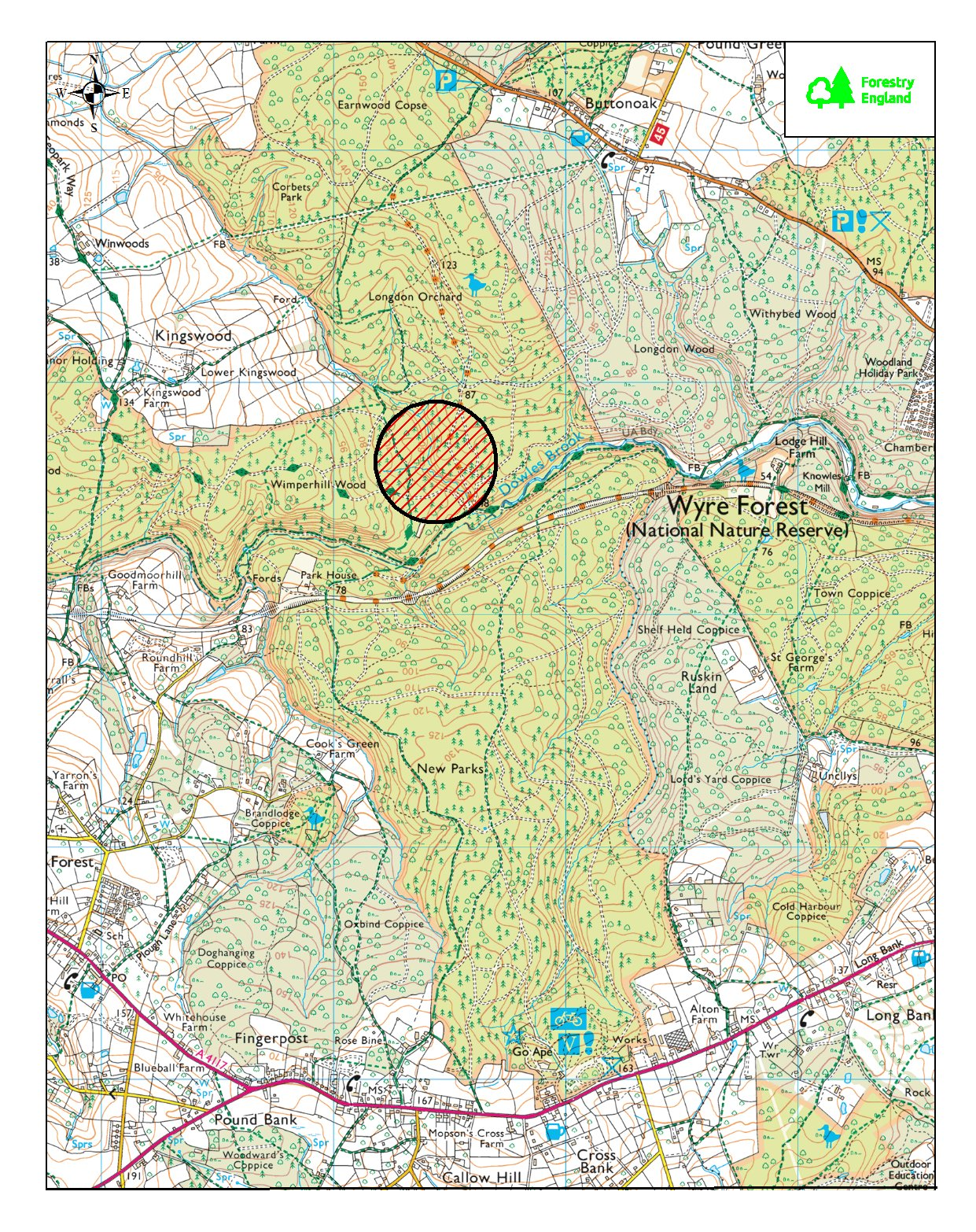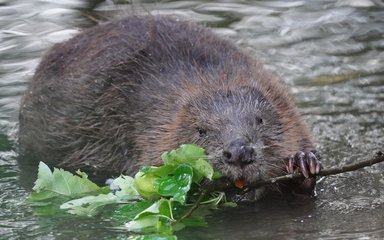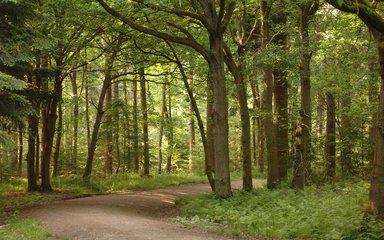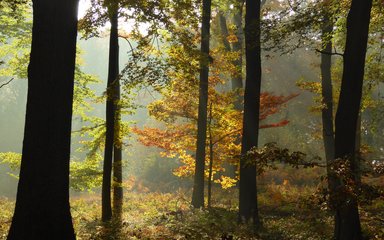On 9 April 2024, a family of six beavers were released into an enclosure in Wyre Forest, Worcestershire.
Since then, the beaver family has successfully settled into their home, making a noticeable impact on the local environment.
One of the most noticeable changes is a 30-metre-long dam the beavers built, which has created a large pool you can see from the forest road. Within the ponds, beavers build lodges from sticks and branches, held together with mud.
We teamed up with Natural England and experts at the Beaver Trust to bring the Beavers to Wyre Forest Nature Reserve, after successful reintroductions in the Forest of Dean and Yorkshire, to bring the species back to the nation's forests.
The Wyre Beaver Project
Two adults and four kits were moved from Scotland into a big, five-hectare enclosure in the heart of the forest. The beavers were enclosed to encourage them to establish a home in the location selected for them.
The kits were born in 2023 and stay with the parents for a minimum of one year, if not longer.
The Beaver Trust work closely with landowners where wild beavers have made their homes in prime agricultural areas, to catch them and relocate them to other, more suitable locations. Beavers are a protected species and so the trapping and translocation of beavers requires a special licence. Health checks are then carried out on the beavers to make sure they are healthy and disease free before being released.
Why reintroduce beavers?
Beavers play an important role in wetland ecology. Few other animals, aside from humans, can modify and shape the natural environment as much as a beaver can. When beavers fell trees to create their dams, they create pools and wetlands which provide rich and diverse habitats for many other species of wildlife. Felling trees allows more light to reach the water, which has been shown to increase breeding in amphibians and water-based insects. Deadwood also provides a valuable habitat for fungi and insects. This then provides a food source for bats and other mammals, fish and birds.
Their dams can also help to reduce flooding as these natural pools hold larger volumes of water and they are not watertight so slowly release water reducing the flow downstream.
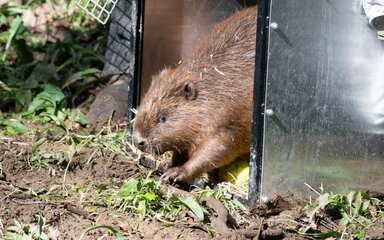
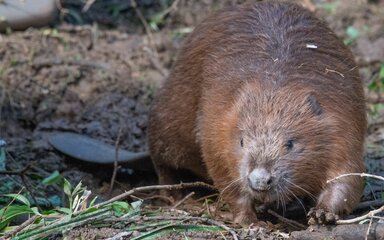
Why Wyre Forest?
Beavers were once widespread throughout Britain, but were hunted to near-extinction by the 16th Century. Today, beavers are a protected species and successful reintroductions are taking place across the country. Wyre Forest is the largest native woodland National Nature Reserve in England and so is already a special place for wildlife. The variety of habitats, including the Dowles Brook which runs through the middle of the forest, make it a perfect spot for beavers.
The beavers are being enclosed in Wyre Forest to encourage them to establish a home in the location selected for them. In England, wild releases may be considered by the government in the future, but at present only enclosed projects are being permitted.
Where can you find them?
The enclosure is in the Experimental Pool area, along a tributary close to the Dowles Brook. This can found to the north of the disused railway, near to where the horse riding trails meet.
If you're visiting the enclosure, they can be very hard to spot. It is easier to spot signs of beaver activity than it is to spot the animals themselves. Look for stripped trees, felled branches and dams. They are most active during the early morning or at dusk.
If you have any questions about the beaver project, please contact us at wyre@forestryengland.uk

